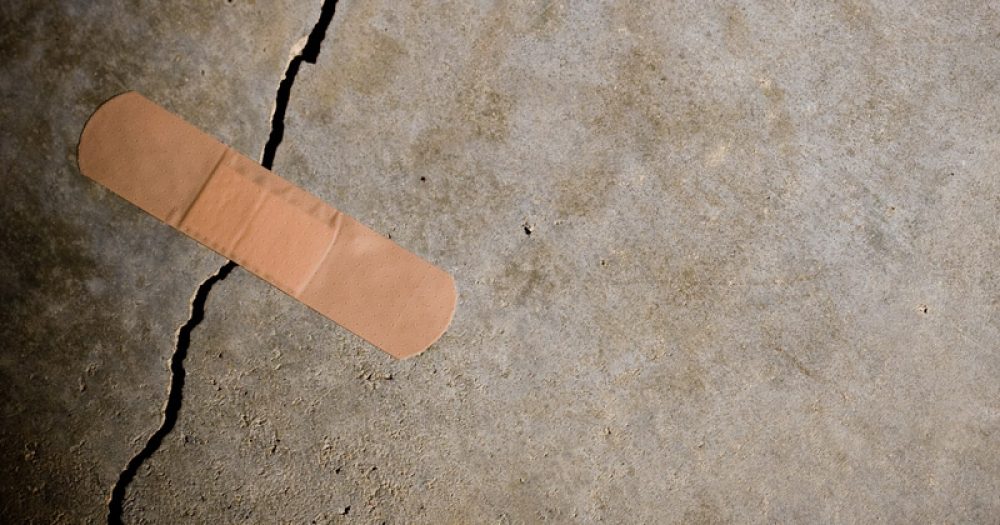The fundamental lesson of the pandemic is how much teachers and schools matter to the neighbourhoods they serve – and in a huge variety of ways, says Rita Hindocha
An image from March 2020: desperate to continue learning, a year 9 girl sits outside her closed local McDonald’s to catch the wifi and do her English work on her phone. Meanwhile, it is not hard to imagine her more affluent counterparts – some perhaps with less thirst for learning – sitting in well-provisioned homes on personal laptops with strong wifi connections.
Nothing better captures how Covid has blown the lid off the searing inequalities that plague all aspects of life in Britain, and education in particular.
A memory now: while we were only open for key workers’ and vulnerable children, a boy with three siblings at home walked into our school reception to report that their food cupboard was bare. School was the only place he felt he could turn to.
Let there be no doubt any more of the vital broader role schools play in the neighbourhoods they serve. Yes, we are palaces of learning. But as Amanda Spielman thankfully noted in her speech at the launch of Ofsted’s annual report, we are also part of a fraying welfare safety net. Marcus Rashford’s campaign for free school holiday meals is proof enough of that.
Yet our schools have shown how resilient and responsive they can be in mitigating the inequities. One of the highlights has been the brilliant work done by all involved with Oak Academy. Some may baulk at the idea of nationally produced resources. But provided we work collectively to tackle the important issues of diversity and representation in the curriculum that will not go back in the bottle after this tumultuous year, I hope we continue to use these into the future. Variation in curriculum and pedagogy has contributed to inequity in outcomes for too long, especially in schools and in subjects where recruitment is so difficult. At one of our schools, the mantra is “planning to the detail” rather than preparing from scratch. We need to be sweating the detail in 2021, not perpetuating workload for little gain.
Paradoxically, we have also learnt that tech is not the answer to all of our problems
This year, we have collectively taken a leap into the future. Who used Teams or Zoom before March 2020? Every school has unleashed a cadre of digital leaders who have patiently guided less confident colleagues into this new world. The work has been truly ground-breaking and we must now take aspects of these ways of working into the post-pandemic world to reduce travel to meetings, reach out to parents who can’t make our parents evenings, and also – perhaps regrettably – do online lessons on snow days.
In the meantime, please could those awkward and earnest early forays into recorded messages for our communities be magically erased on the stroke of midnight on New Year’s Eve?
Paradoxically, we have also learnt that tech is not the answer to all of our problems. Schools as living, breathing communities housed in actual buildings within local neighbourhoods are vital. Sorry Sugata Mitra. If there was any time to believe that you could stick a computer in a wall in a village in India and watch the kids learn by themselves, surely 2020 was it. But it just ain’t so. Schools are vital for children.
All the evidence you need is the students’ delight to be back in their classrooms with their teachers and friends, rather than cooped up at home on a laptop (if they were lucky). Human connection still matters profoundly. Even with the Oak Academy resources, we have found that our students are less engaged with an explanation coming from the scintillating Adam Boxer than from their sometimes less expert live teacher who has invested in them, knows them and with whom they have a relationship.
Teachers matter. A lot. That is the fundamental lesson of the pandemic. In their supremely messy human way, schools are vital. They guard against loneliness, isolation and harm.
And kids like coming here. They need it. Because learning is a supremely social act, best led by an expert and invested adult and done with 27 others.
Okay, 29 others. It’s sub-optimal, but it sure beats home learning.








Your thoughts